Branson has a long tradition of preparing students for scholastic achievement in higher education and beyond. Our academic program is ambitious and rigorous, and we are well known for the outstanding preparation our students receive. This plan calls for us not only to sustain this tradition of excellence, but to raise our sights still higher.
The educational and professional world that our graduates will enter is driven by rapid and continuous technological, economic and social change. Colleges and employers value different skill sets than even a decade ago, and students will have much different career trajectories than those in prior generations. Branson students must receive an intellectually demanding education that challenges them to think critically, work collaboratively, innovate and create, and solve complex problems in a global landscape.
In 2019, a great education needs to be student-centered and relevant, incorporating new technologies and diverse ways of examining the world. To grow as learners and thinkers, our students must consider the world not only through discreet disciplines but also in the context of an interconnected whole.
The initiatives in this plan will provide faculty the time, structure and resources to create an academic program that features interdisciplinary content and that fosters deep personal engagement among our students. Our aim in restructuring how we organize, present and assess our curriculum is to develop students who will be able to think more independently, work more effectively in groups, reveal their analytical insights in myriad ways and graduate from Branson with the intellectual curiosity, confidence and flexibility that will serve them throughout their lives. By 2025, it is our goal to have deepened student learning and to be among the vanguard of independent schools putting the student experience front and center.
Initiatives:
1.1 Design interdisciplinary courses that span academic departments, emphasizing authentic, substantive challenges.
1.2 Increase opportunities for student-driven, self-directed learning.
1.3 Connect our curriculum to present-day concerns and challenges.
1.4 Integrate ethical problem-solving more thoroughly into the academic program.
1.5 Integrate into the curriculum more questions to which there are no readily available answers; encourage students to develop the skills to find and examine reliable, valid, applicable information; and challenge them to apply their work to real-world problems.
1.6 Use a more varied array of assessment tools and learning modalities to emphasize student growth in independent critical thinking, collaboration and problem solving.
1.7 Review and make changes to the annual and daily calendar, to the organization of departments and to the four-year Branson student journey to support these initiatives and goals.



